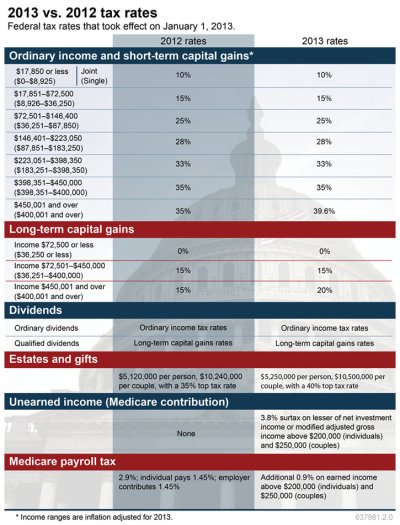I understand that it is not the best choice in a taxable account, but is is worth dealing w/ it's tax inefficiency vs not in a taxable account?
Also, does anyone hold it in a taxable account as a way to provide some principal protection while allowing some growth in a taxable account if there is no "space" to hold (doesnt fit it ones investment plan/allocation )it in a tax deferred account, but likes the fund or treated you well?
Also, does anyone hold it in a taxable account as a way to provide some principal protection while allowing some growth in a taxable account if there is no "space" to hold (doesnt fit it ones investment plan/allocation )it in a tax deferred account, but likes the fund or treated you well?

